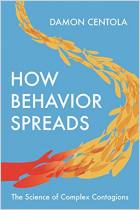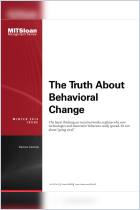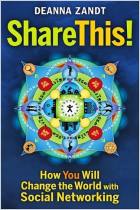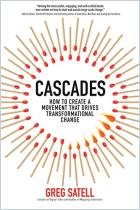Social scientist and communications professor Damon Centola explains the common errors in the way most people think about messaging and influence. Social media provides researchers with unprecedented access to granular data on how social change and innovation propagate through networks, and one major finding is that they don’t spread primarily through celebrities or influencers. Instead, social change relies on mutual support systems that emerge from small communities on the periphery of networks. The way people connect then shapes how they accept – or don’t accept – new social norms, ideas and products.
Despite their popularity, influencers do not drive social change.
Conventional wisdom holds that a marketing message requires an endorsement by a celebrity or influencer. Advertisers believe a popular or famous person reaches a wide audience and shapes its behavior. However, now that social media can give researchers detailed data for tracking how social behavior changes, they’ve learned that social norms don’t go viral along the same paths that memes or messages travel.
Highly connected individuals are less likely to adopt an innovation or new norm early in its life cycle because they wait for a critical mass of other users to render it acceptable. This phenomenon is called the “coordination problem” – in short, new behaviors are compelling only when a sufficient number of people you know adopt them. Influencers adopt new behaviors late because they are inhibited by “countervailing influences” – the people in their networks who haven’t yet accepted the innovation. The counterintuitive reality is that social change and innovation propagate more swiftly on the periphery of networks, among small groups – like start-ups and community...
Damon Centola is Elihu Katz Professor of Communication, Sociology and Engineering in the Annenberg School for Communication at the University of Pennsylvania, where he also leads the Network Dynamics Group.























Comment on this summary or Comenzar discusión